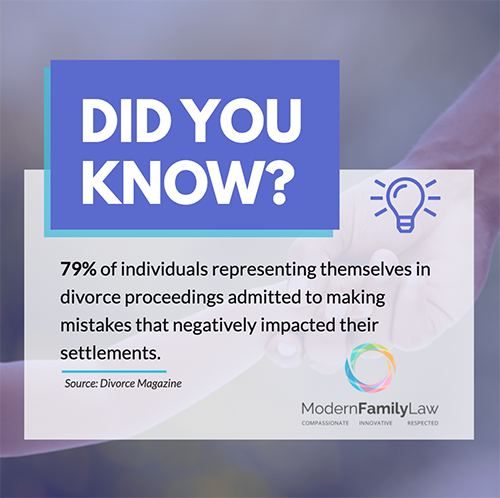1. Petition for Dissolution of Marriage or Legal Separation (FL-100): This form kickstarts the divorce or legal separation process. It gathers personal information about both spouses, specifics of the marriage, grounds for the divorce, and any requests concerning the division of assets, liabilities, spousal support, and child-related issues, if relevant.
2. Summons for Dissolution of Marriage or Legal Separation (FL- 110): After the petition is filed, this form serves to inform the other spouse (respondent) that a divorce action has been initiated. It includes details on the manner and timeline for response.
3. Case Information Sheet: This form, while not unique to California, is typically used to provide the court with essential information about the case and the parties involved. It aids in administrative tasks and facilitates case management by the court.
4. Income and Expense Declaration (FL-150): Both parties must complete this form, which outlines their financial circumstances, including income, expenses, assets, and debts. It is crucial for addressing financial matters such as child support, spousal support, and property division.
5. Declaration Under Uniform Child Custody Jurisdiction and Enforcement Act (UCCJEA) (FL-160): For cases involving children, this form is required to address child custody issues, providing information on the child’s residence and any custody orders in effect.
6. Property Declaration (FL-160): This is a comprehensive agreement that the parties can enter into which details the division of assets and debts, spousal support, and, if applicable, matters related to the care of children.
These forms guide you through the legal requirements and ensure the court receives all necessary information. Always consult with a legal professional for the most up-to-date forms and instructions specific to your situation.






